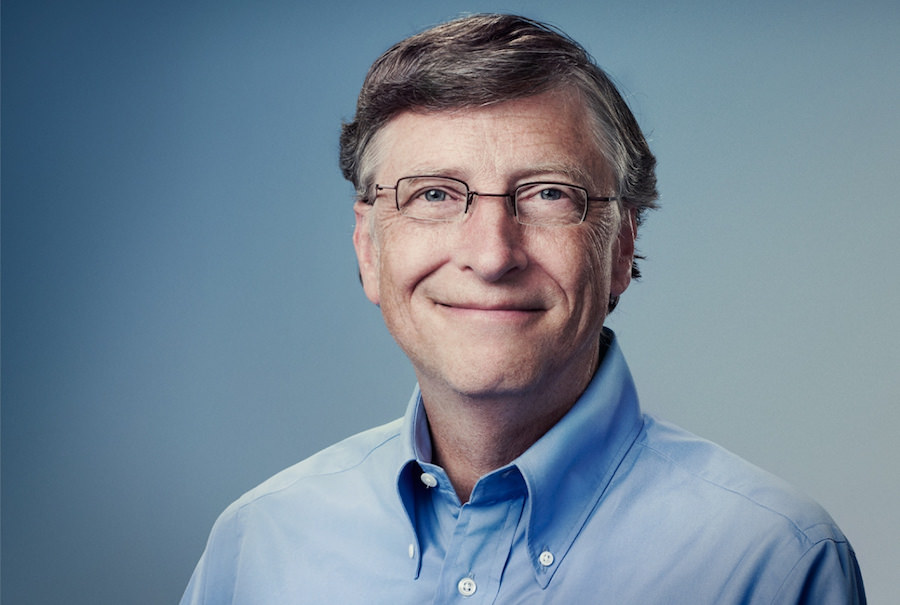Bill Gates, renowned Silicon Valley billionaire and philanthropist, has pledged to invest $50 million in the Dementia Discovery Fund, a venture capital group that links corporations and governments in the quest to find a cure for the degenerative mental health condition.
The investment comes personally from Gates, not through his charity organization, Bill & Melinda Gates Foundation, Reuters reports. This amount will be followed by $50 million more in start-up efforts focused on Alzheimer’s disease, according to Gates.
The number of people suffering from Alzheimer’s and other forms of dementia has increased in recent decades, taking an emotional and financial toll on patients and their families, Gates added. He said,
It’s a huge problem, a growing problem, and the scale of the tragedy – even for the people who stay alive – is very high.
Years have been spent in trying to find treatments for Alzheimer’s, but so far, there have been no effective therapies to halt the progression of the disease. Current medications can only ease some of the symptoms, at best.
With well-funded innovation, however, Gates is “optimistic” that treatments can be discovered, even if it takes as long as ten years.
He said, “It’ll take probably 10 years before new theories are tried enough times to give them a high chance of success. So it’s very hard to hazard a guess (when an effective drug might be developed). I hope that in the next 10 years that we have some powerful drugs, but it’s possible that won’t be achieved.”
Alzheimer’s is the most common form of dementia. Dementia affects around 50 million people globally, and is expected to develop in over 131 million more by 2050, says the non-profit group Alzheimer’s Disease International.
Gates says that he has identified five specific areas of need in scientific research for Alzheimer’s: understanding how the disease unfolds, detecting and diagnosing it early, looking into multiple approaches to stop it, making it easier for people to enter clinical trials, and using data more efficiently.
























